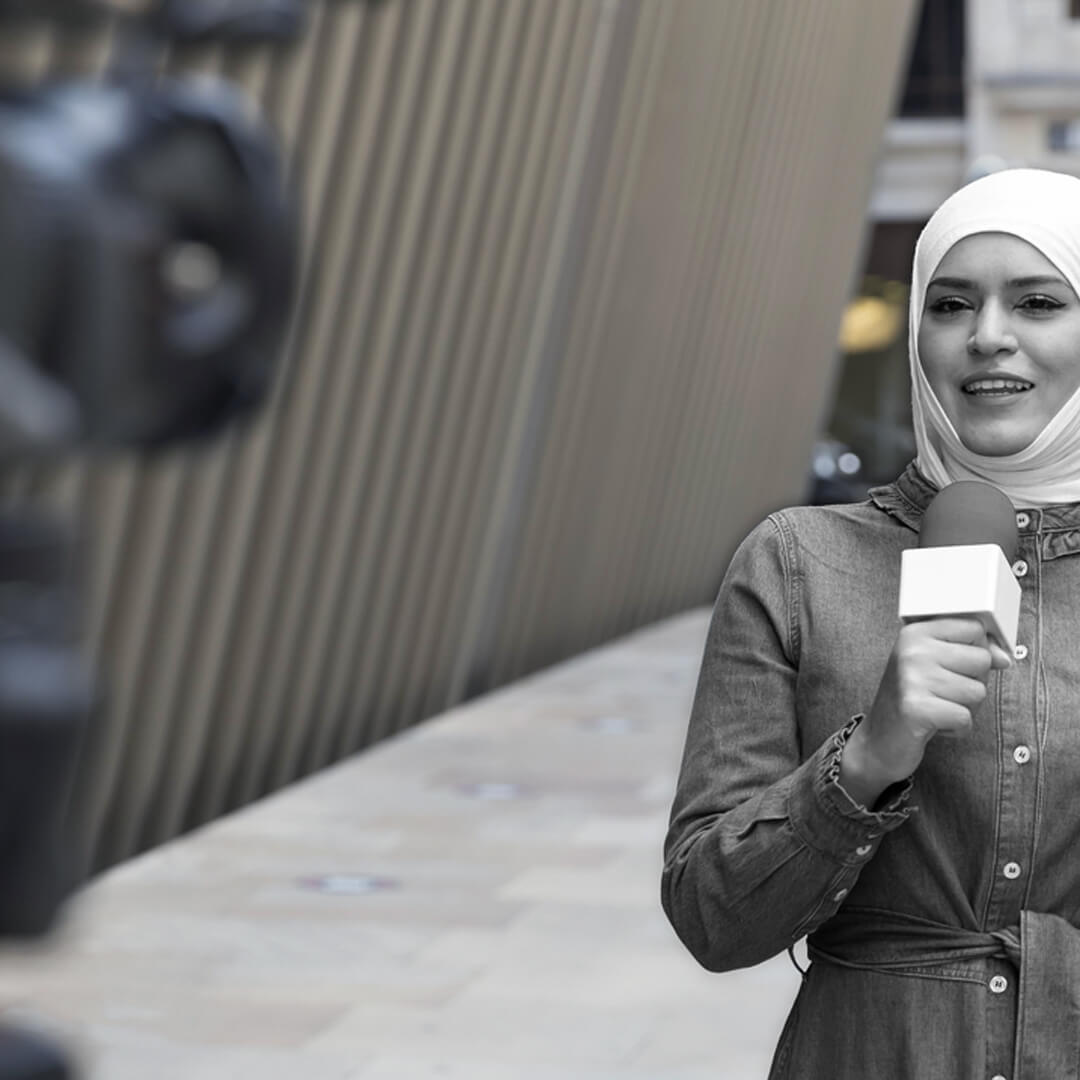‘Arab Women’ are the subject of Western and Eastern curiosity and, often, fascination. However, most attempts to…
Cyberfeminism: Feminist Digital Activism in the MENA region
During my conversation with Diana Moukalled, we spoke about #cyberfeminism.
So what is cyberfeminism?
The MENA region has witnessed a flash-bulb historical series of events coined as the Arab Spring which started in 2011 in Tunisia then took over the MENA region. This historical turn highlighted a new era for women and feminist activism which took a digital form. During these revolutions, social media as well as citizen journalism proved its importance in transcending the barriers women faced within their societies by invading the political sphere which is a male dominated one. Women were able to create their own political messages and communicate to the public through on-line mediums, announcing their activism and grouping supporters. A notable feature of this online political activism was first its bilingualism and multilingualism and second its multi-modality.
Digital #activism has become a field of study especially in relation to women and feminist movements in the MENA region, which is also called Cyberfeminism in the Arab world.
Today we learn about how the digital helps humanistic causes to be amplified, circulated, and communicated to a global audience. Whether we are talking about gender equality or exposing human rights abuses or practicing freedom of speech, digital activism is a powerful form of activism that has proven thus far that when it makes noise, governments listen, as well as the rest of the world.
Saudi Cyberfeminism is one that started online by prominent Saudi #feminist and women’s rights activists. Who can forget Manal al-Sharif who had launched #Women2Drive Facebook campaign in 2011. The campaign started when Al-Sharif posted on her social media accounts, a video of herself driving, which went viral and gained international attention. She was detained and jailed by Saudi authorities but later released. She ended up leaving the country. But this didn’t deter other women, who took the road posting on social media videos of themselves behind the wheel. Now remember back then, Saudi Arabia was the only country in the world where women were not allowed to drive.
In June 2016, Saudi women initiated another campaign. This time the Twitter campaign called for the end of the guardianship system, questioning the religious justification behind it. This Campaign resonated with many feminists and activists across the MENA whose laws had embedded forms of the guardianship law- reducing women to a minor, or a second-class citizen.
Social media proves to be a critical force for women in the MENA region.
While in some parts of MENA it substitutes civil society and provides a safe medium for women to express their activism, in other parts, it complements and amplifies their voices.
Please follow me and the Women of the Middle East Podcast for more thought provoking topics.
So what is cyberfeminism?
The MENA region has witnessed a flash-bulb historical series of events coined as the Arab Spring which started in 2011 in Tunisia then took over the MENA region. This historical turn highlighted a new era for women and feminist activism which took a digital form. During these revolutions, social media as well as citizen journalism proved its importance in transcending the barriers women faced within their societies by invading the political sphere which is a male dominated one. Women were able to create their own political messages and communicate to the public through on-line mediums, announcing their activism and grouping supporters. A notable feature of this online political activism was first its bilingualism and multilingualism and second its multi-modality.
Digital #activism has become a field of study especially in relation to women and feminist movements in the MENA region, which is also called Cyberfeminism in the Arab world.
Today we learn about how the digital helps humanistic causes to be amplified, circulated, and communicated to a global audience. Whether we are talking about gender equality or exposing human rights abuses or practicing freedom of speech, digital activism is a powerful form of activism that has proven thus far that when it makes noise, governments listen, as well as the rest of the world.
Saudi Cyberfeminism is one that started online by prominent Saudi #feminist and women’s rights activists. Who can forget Manal al-Sharif who had launched #Women2Drive Facebook campaign in 2011. The campaign started when Al-Sharif posted on her social media accounts, a video of herself driving, which went viral and gained international attention. She was detained and jailed by Saudi authorities but later released. She ended up leaving the country. But this didn’t deter other women, who took the road posting on social media videos of themselves behind the wheel. Now remember back then, Saudi Arabia was the only country in the world where women were not allowed to drive.
In June 2016, Saudi women initiated another campaign. This time the Twitter campaign called for the end of the guardianship system, questioning the religious justification behind it. This Campaign resonated with many feminists and activists across the MENA whose laws had embedded forms of the guardianship law- reducing women to a minor, or a second-class citizen.
Social media proves to be a critical force for women in the MENA region.
While in some parts of MENA it substitutes civil society and provides a safe medium for women to express their activism, in other parts, it complements and amplifies their voices.
Please follow me and the Women of the Middle East Podcast for more thought provoking topics.
Link to the article
You may also check
The episode with Aziza Nait Sibaha on the WME podcast recently has opened up the discussion regarding a very vital…


